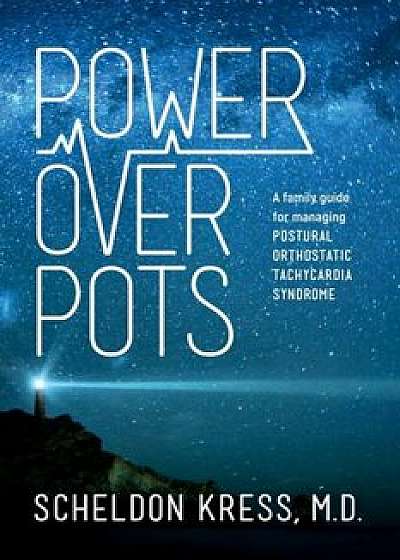
Power Over Pots: A Family Guide to Managing Postural Orthostatic Tachycardia Syndrome, Paperback/Scheldon Kress
Descriere
While POTS is among one of the most common medical disorders affecting adolescents and young adults, both health care professionals and patients generally know very little about this strange condition. The majority of POTS (postural orthostatic tachycardia syndrome) patients suffer with mysterious and frightening symptoms while searching for a diagnosis for many years. Without a proper diagnosis, there is no possibility of treatment. Otherwise healthy appearing adolescents, primarily females, frequently report racing hearts, headaches, fatigue, weakness, dizziness, "brain fog," visual and abdominal disturbances when upright. Such symptoms play havoc on one's lifestyle by curtailing one's daily activities. Most frequently the onset of POTS symptoms coincides with the puberty growth spurt of adolescence. Adolescence is an important period of developmental change. Puberty is associated with maturing of many biological systems including sexual, brain and nervous systems. POTS can be compared to an adolescent with a newly acquired skyscraper body (tall structure) that has grown quickly - but, the building's electrical wiring system (autonomic functions) has not yet matured fully and is malfunctioning. Rapid growth spurts test the ability of an immature autonomic (automatic bodily functions) system to cope with a rapidly enlarging physical structure. The autonomic processes, by necessity, must keep making adjustments to keep up with the latest skyscraper-like growth. What worked well last year must adjust further for today's taller body. Peak incidence of POTS occurs in the 10-30 year age group. During the past 15 years, many medical centers have studied POTS patients and have determined the mechanisms responsible for this bizarre condition. The body's difficulty adjusting to the upright position has been proven to be due to gravitational shifting of blood to the lower body while upright which results in decreased heart outflow. If you or a loved one has POTS, this book is





